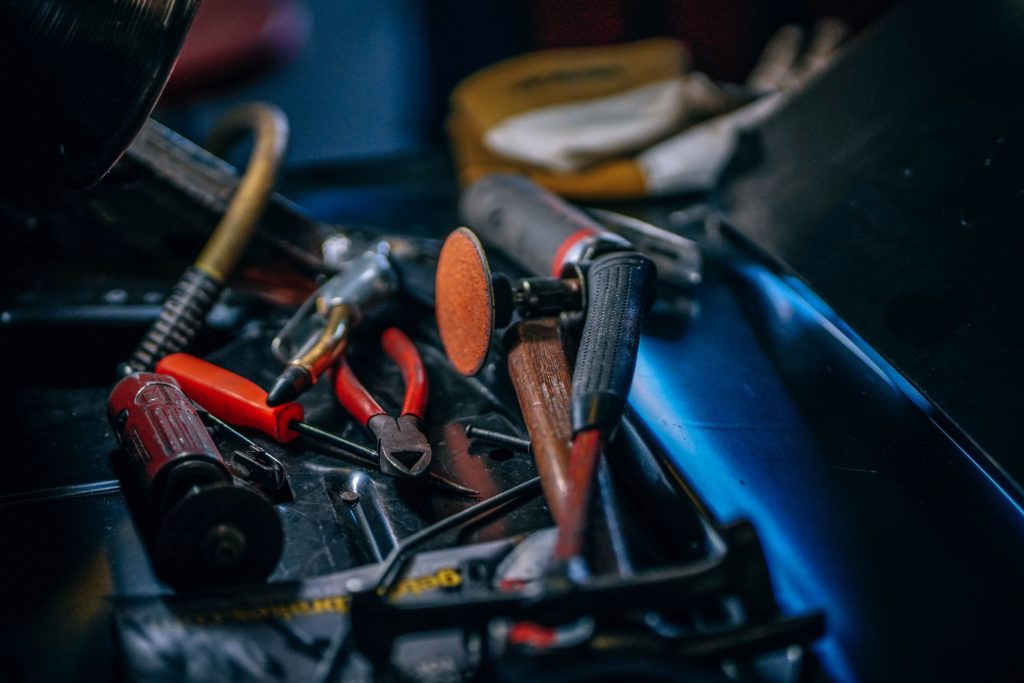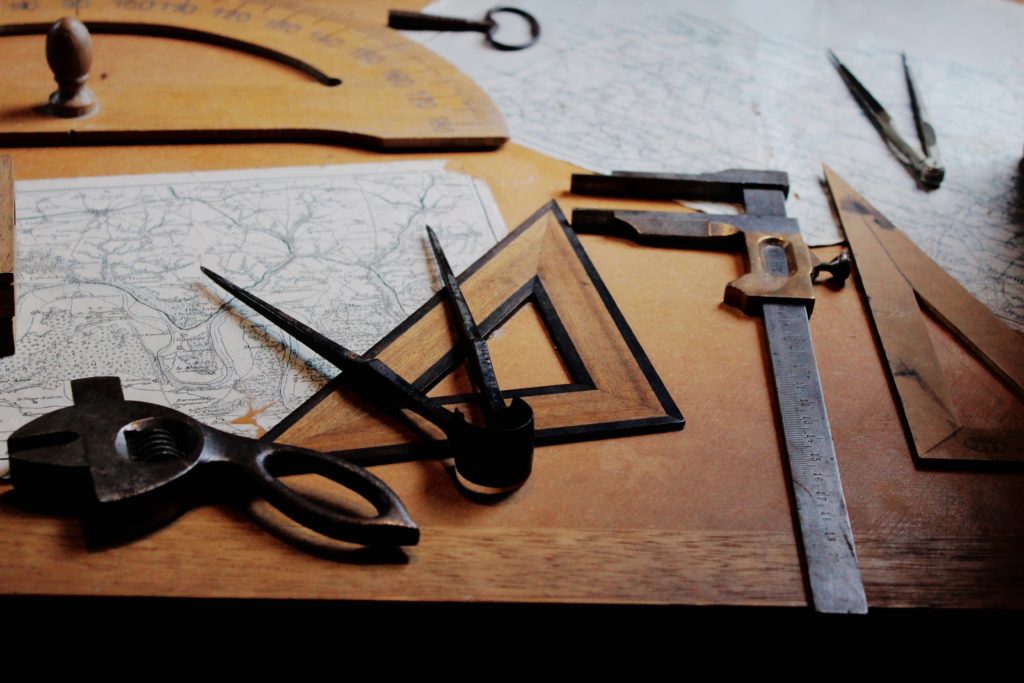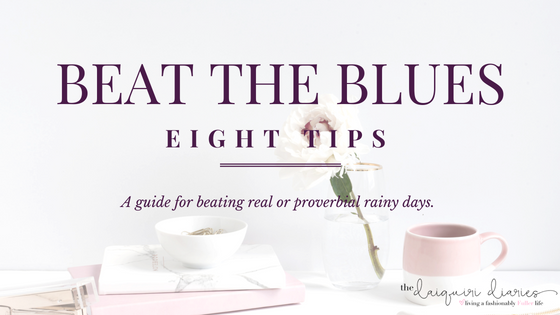Make Your Mark on Your First Home
Buying your first home, whether it’s a house or an apartment, is a huge moment in your life. You’ve spent time saving, perfecting your credit score and hunting for the perfect property. Now that you’ve found the new home that’s right for you, it has probably turned out to be not as perfect as you had hoped (at least that’s my case). It’s right for you, but you likely had to compromise during your property hunting journey. Fortunately, you can still make it your own, even if it’s not perfect for you just yet. You might end up moving homes again at some point, but you can still make yourself comfortable and happy until then.
Create a Plan
If you want to start making some changes to your new home, you need to know what you want to do. Do you just want to start decorating, or do you need to do a bit of work to improve the condition of your property? Many first-time homeowners find that they need to make sure their property is in good condition before they start doing anything else. Whether you need to replaster a wall or your yard needs clearing out, start by coming up with a plan for what you need to do and what you’re going to do first.
Financing Your Changes
Buying a home is expensive to say the least, and then you need to spend money on fixing it up. You probably don’t want to spend a lot of money right away, but eventually, you’ll have to consider spending some. You can save up for smaller changes, but larger improvements might require a loan. If you’ve just bought your home, you probably spent time making sure you had a good credit score. Your mortgage will probably cause your score to drop, but it hopefully won’t take too much of a hit. However, if you do find that your score isn’t great, Bonsai Finance has this article about loans for bad credit. Installment loans are a good choice for home improvements, allowing to pay back the money over a number of months or even years.

Make Sure You Have an Emergency Fund
Before you start spending any money on updating your new home, you need to make sure you have some savings. Don’t spend all of your savings on new furniture or home improvements because you could end up regretting it. If something goes wrong and you need to pay for some repairs or some other disaster, you don’t want to discover that you’ve already spent all of your money. Keep a good emergency fund equivalent to at least three months’ wages (if not more) so that you know you always have savings to dip into should something unexpected happen.
Do the Big Tasks First
It makes sense to tackle any big tasks first before you start taking care of the details. So if you’re thinking of an addition for your house, you want to knock a wall down, or you need to do a complete overhaul of your yard, these things should take priority. It can take a while to get your new home how you want it, but getting the larger tasks out of the way first will free you up to start decorating and making your mark.
Consider Your Furniture
When you move into your first owned home, you might or might not have a lot of furniture. It all depends on whether you were living in furnished places before or you had to buy your own things. Most people have at least a couple of items but need to buy more to fill up their new home. If you already have some furniture, think about whether it’s staying or you want to replace it. If you don’t love it anymore, that doesn’t mean it has to go. You could update it in one of several ways, including painting or just using a throw or something similar to cover it up.

Change One Room at a Time
Even though you probably have a lot that you want to do (I have several rooms I want to tackle), it’s often best not to do it all at once. You don’t want your home to be in complete chaos because you’re trying to fix up every room at the same time. Try tackling just one room at a time so that you can be completely happy with one before moving onto the next one. As you go from room to room, you might learn more about what you like and the right approach to take to any changes or improvements. Start with the most important rooms first so that you can get them to your liking before you do anything else.
Plan How to Organize Everything
While what your home looks like is important, you also have to think practically. One of the things you need to consider is how you’re going to keep all of your things organized. You need to think about where to store your pots and pans, your plates and bowls, your books, your clothes, and more. Do you want to make sure that everything is hidden away as much as possible so that you can keep everything super neat? Perhaps you want more open storage so that you can put all of your possessions on display. You need to consider how to use your space to make the most of it.
Make the Most of Small Details
Once you’ve taken care of the big things, you can consider the smaller details. You’ve finished the big improvements and painted all of the rooms, but there are lots of other things to take care of too. As well as thinking about your furniture, you should consider how you’re going to start accessorizing your home and really putting your stamp on it. Put out any art or home accessories that you already own and love, and invest in putting more personality into your home.
When you’re decorating your first home, think about the possibility of selling it in the future. You might not want to right now, but there’s a strong possibility you will eventually.



Furnishing a home can be so stressful and overwhelming! These tips are awesome and I totally agree with these!
Kileen
cute & little
Being a first time buyer is such an exciting time. I still remember it. 🙂 These are great tips for buyers.
Xx, Nailil
http://thirtyminusone.com/
These are all such great tips. I have been thinking of buying a home lately but sometimes the idea of REMODELING or getting things fixed is a it daunting. Thanks for breaking it down!
Furnishing and designing a home are some of my favorite things about moving into a new space! It definitely takes time to get it right!
Birdie Shoots
THERES SO MUCH THAT GOES IN TO PURCHASING A HOME! YOU REALLY HAVE TO MAKE SURE YOU’RE PREPARED AND EDUCATING YOURSELF.